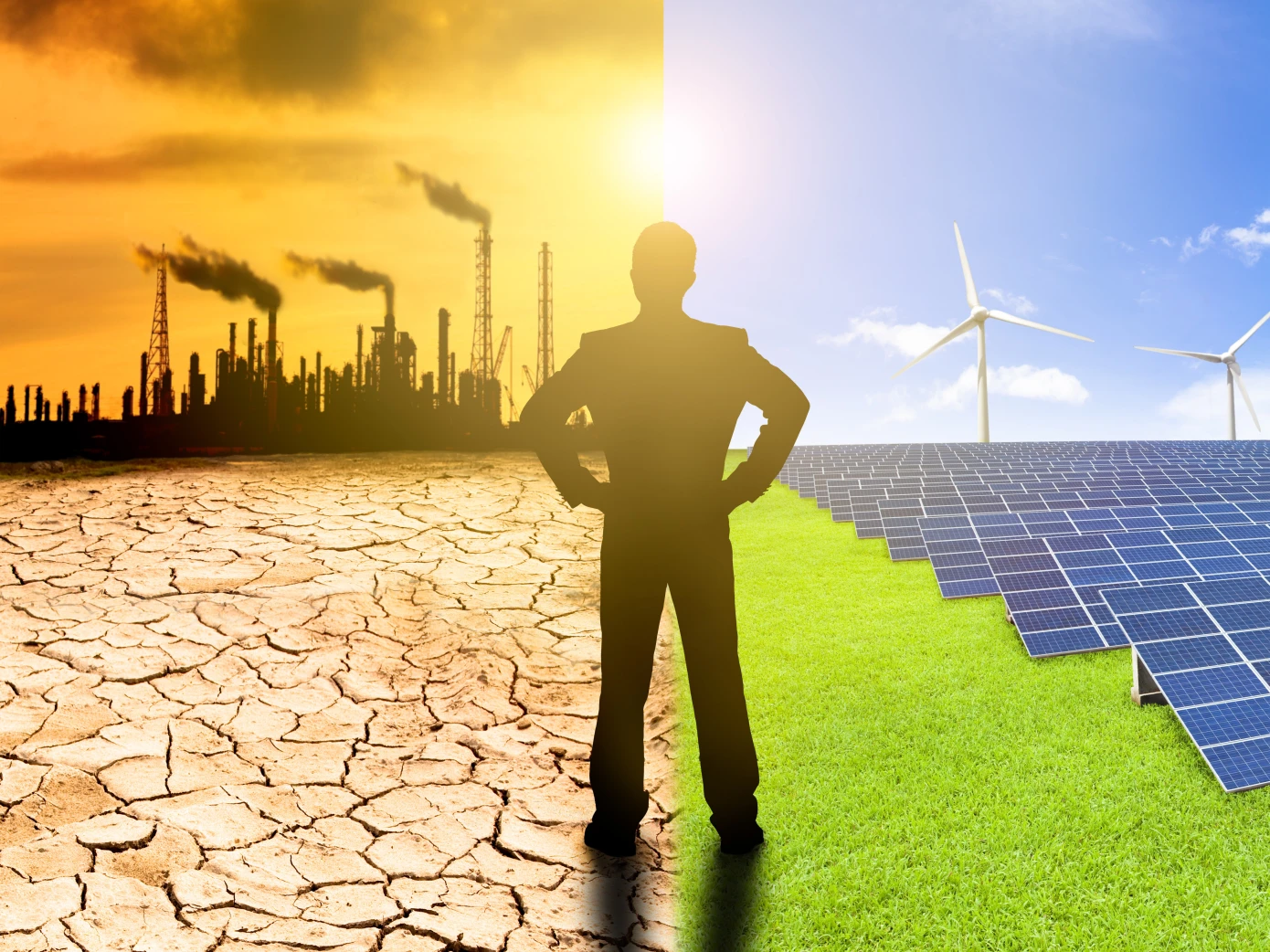
One of the most important global challenges of our day is climate change. The demand for sustainable and renewable energy sources has never been more pressing due to rising temperatures, melting glaciers, and an increase in the frequency of extreme weather occurrences. A viable option to lessen the effects of climate change and lessen our reliance on fossil fuels is alternative energy.
Any energy source that is not derived from fossil fuels like coal, oil, or natural gas is referred to as “alternative energy.” This covers clean energy sources like biomass, geothermal, hydropower, and solar. Sustainable and ecologically friendly, alternative energy sources have the potential to lower greenhouse gas emissions and lessen the effects of climate change.
The fact that alternative energy is renewable is one of its most important advantages. Alternative energy sources can be used forever, unlike fossil fuels, which are limited and will ultimately run out of supply. As a result, using alternative energy is a more sustainable long-term solution to supplying our energy needs.
Alternative energy also has a substantially lower carbon footprint than conventional fossil fuels, which is another advantage. For instance, unlike coal and natural gas, which release considerable volumes of carbon dioxide and other pollutants into the atmosphere during the production of power, solar and wind energy make no emissions during the process. Alternative energy helps to slow down climate change and lessen its negative effects on the environment by cutting emissions.
The use of alternative energy sources can also boost economic growth and result in the creation of new jobs. The market for alternative energy is growing quickly, and new inventions and technologies are continuously being created. In addition to adding new jobs in the energy industry, this promotes innovation and economic expansion.
Around the world, a variety of alternative energy sources are being developed to lessen reliance on fossil fuels and lessen the effects of climate change. For instance, the most popular alternative energy source is solar energy. Homes, companies, and large-scale solar farms can all generate electricity using solar panels. Another well-liked alternative energy source is wind energy, which is used to produce electricity through the installation of sizable wind turbines in wind farms.
Another type of alternative energy that uses the force of moving water to create electricity is hydropower. Areas close to rivers or other bodies of water can benefit most from this kind of energy. Geothermal energy uses the heat from the ground to create electricity, and biomass energy creates both heat and power using organic materials like wood chips or agricultural waste.
As a result, alternative energy holds great promise for reducing the effects of climate change and our reliance on fossil fuels. Alternative energy is a crucial part of our transition to a sustainable and ecologically friendly energy system because of its many advantages, such as being renewable, having a low carbon footprint, and creating new jobs. We can significantly contribute to the fight against climate change and ensure a cleaner, healthier future for ourselves and future generations by making investments in alternative energy and integrating it into our daily lives.
